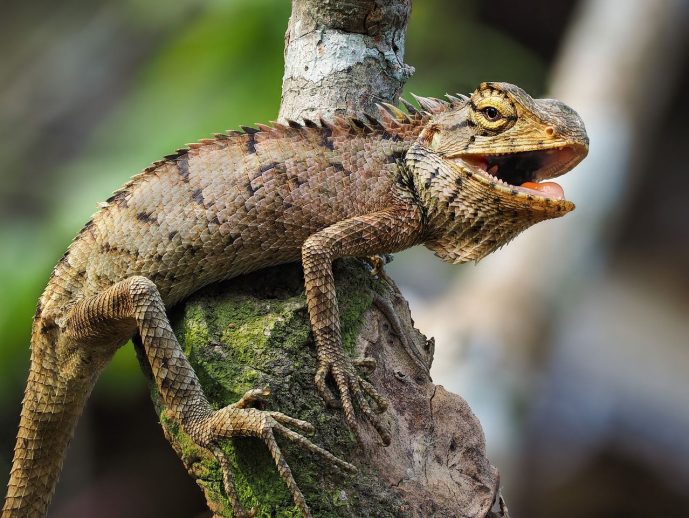Categories more
- Adventures (17)
- Arts / Collectables (15)
- Automotive (37)
- Aviation (11)
- Bath, Body, & Health (77)
- Children (6)
- Cigars / Spirits (32)
- Cuisine (16)
- Design/Architecture (22)
- Electronics (13)
- Entertainment (4)
- Event Planning (5)
- Fashion (46)
- Finance (9)
- Gifts / Misc (6)
- Home Decor (45)
- Jewelry (41)
- Pets (3)
- Philanthropy (1)
- Real Estate (16)
- Services (23)
- Sports / Golf (14)
- Vacation / Travel (60)
- Watches / Pens (15)
- Wines / Vines (24)
- Yachting / Boating (17)
5 Best Tips for Buying Reptile Supplies
Published
02/24/2025Bringing a reptile home is exciting, but making sure they have the right supplies is essential for their health and comfort. From heating lamps to enclosures and food, every item plays a role in creating a safe and suitable habitat.
Choosing the wrong supplies can lead to stress, illness, or even danger for your pet. This blog will share five of the best tips to help you choose the right reptile supplies with confidence.
1. Choose the Right Enclosure
A proper enclosure is essential for a reptile’s health and well-being. The size and type of enclosure should match the reptile’s needs. Some reptiles, like lizards and snakes, need horizontal space, while arboreal species require tall enclosures.
Glass tanks work well for many reptiles, but wooden or PVC enclosures provide better insulation. In order to prevent escapes, you should make sure that the enclosure has a lid that is secure. Proper ventilation is also important to maintain air circulation.
2. Invest in Proper Heating and Lighting
Reptiles are dependent on heat sources from the outside world in order to maintain their body temperature. Without proper heating and lighting, they can become sick or inactive.
Choose a heating system based on your reptile’s needs. Heat lamps, under-tank heaters, and ceramic heat emitters are common options. A temperature gradient should be created, allowing reptiles to move between warm and cool areas.
UVB lighting is necessary for reptiles that need vitamin D3 to absorb calcium, such as turtles, iguanas, and bearded dragons. Without it, they may develop weak bones. LED or infrared lights can be used for night heating without disturbing their natural cycle.
3. Select the Best Substrate
The right substrate, or bedding, helps maintain a clean and comfortable enclosure. Different reptiles need different types of substrate.
For desert reptiles, sand or reptile carpet works well. However, avoid fine, loose sand, as it can cause digestion problems if swallowed. Tropical reptiles need moisture-retaining substrates like coconut fiber or cypress mulch to maintain humidity.
4. Buy High-Quality Food and Supplements
Different reptiles have different dietary needs, including live insects, fruits, vegetables, or frozen prey.
For insect-eating reptiles like geckos and chameleons, gut-loaded crickets, mealworms, and dubia roaches are nutritious choices. Turtles and iguanas need fresh greens and vegetables, while snakes usually eat frozen or live rodents.
Calcium and vitamin supplements are important, especially for reptiles that need UVB light. Dusting insects or food with calcium powder prevents bone diseases. Multivitamins also help maintain strong immunity.
5. Ensure Proper Water and Humidity Control
Reptiles need the right humidity and water levels to stay hydrated and healthy. Some species require high humidity, while others need a dry environment.
For reptiles that need humidity, use misting systems, foggers, or water bowls to maintain moisture levels. A hygrometer helps measure humidity, ensuring it stays within the ideal range.
On a daily basis, provide a shallow dish containing clean, fresh water. Some reptiles prefer drinking from dripping water, so adding a drip system can help. Change the water regularly to prevent bacteria growth.
Buy Quality Products for a Happy, Healthy Pet
Providing the right supplies is essential for keeping your reptile healthy and happy. Always research products, read reviews, and buy from trusted brands to ensure the best care. With the right supplies, your reptile can thrive for years to come!















